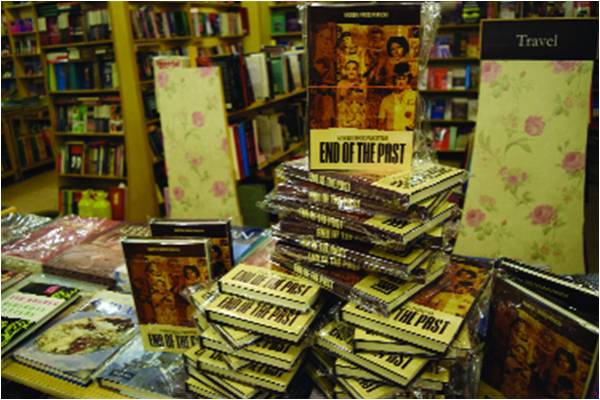
End of the Past
Nadeem Farooq Paracha
Vanguard Books (hardback), 2016
PRs 995
End of the Past is a documentation of how the consequences of various ideological experiments over the last many decades in Pakistan seeped into the soul of the country, insulating future generations from the world, causing them to experience the worst kind of identity crisis.
Paracha’s observations and pithy prose weaving in personal stories stems from growing up as the son of a journalist who eventually found a voice of his own as one of Pakistan’s leading cultural critics and satirists. He chronologically maps how Pakistan’s spiritual soul has been trampled upon in its quest to gain acceptance as an ‘ideological state’.
End of the Past is written not so much as a nostalgic memoir as an analysis in the form of a narrative and a means of explaining the enigma that is Pakistan.
Paracha looks at Pakistan’s political, sporting, and cultural pasts, hoping that future generations will learn from them and chart a brand new beginning for a country that he loves passionately. He pleads for a decisive end of the past so that a new and less tumultuous future can be envisioned and built.
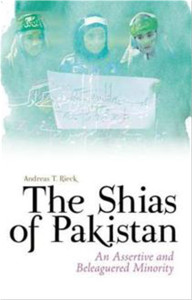
The Shias of Pakistan
Andreas Rieck
Hurst & Company (hardback), 2016
PRs 8466
The Shias of Pakistan are the world’s second largest Shia community after that of Iran, but comprise only 10-15 per cent of Pakistan’s population. In recent decades Sunni extremists have increasingly targeted them with hate propaganda and terrorism, yet paradoxically Shias have always been fully integrated into all sections of political, professional and social life without suffering any discrimination. In mainstream politics, the Shia- Sunni divide has never been an issue in Pakistan.
Shia politicians in Pakistan have usually downplayed their religious beliefs, but there have always been individuals and groups who emphasised their Shia identity, and who zealously campaigned for equal rights for the Shias wherever and whenever they perceived these to be threatened. Shia ulama have been at the forefront of communal activism in Pakistan since 1949, but Shia laymen also participated in such organisations, as they had in pre-partition India.
Based mainly on Urdu sources, Rieck’s book examines, first, the history of Pakistan’s Shias, including their communal organisations, the growth of the Shia ‘ulama’ class, of religious schools and rivalry between “orthodox” ulama and popular preachers; second, the outcome of lobbying of successive Pakistan governments by Shia organisations; and third, the Shia-Sunni conflict, which is increasingly virulent due to the state’s failure to combat Sunni extremism.
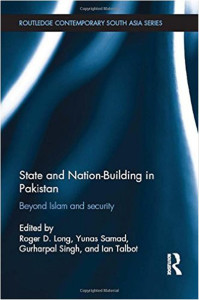
State and Nation-Building in Pakistan: Beyond Islam and Security
Edited by Roger D. Long, Yunas Samad, Gurharpal Singh, and Ian Talbot
Routledge (hardback), 2016
PRs 16930
Religion, violence, and ethnicity are all intertwined in the history of Pakistan. The entrenchment of landed interests, operationalized through violence, ethnic identity, and power through successive regimes has created a system of ‘authoritarian clientalism.’ This book offers comparative, historicist, and multidisciplinary views on the role of identity politics in the development of Pakistan.
Bringing together perspectives on the dynamics of state-building, the book provides insights into contemporary processes of national contestation which are crucially affected by their treatment in the world media, and by the reactions they elicit within an increasingly globalised polity. It investigates the resilience of landed elites to political and social change, and, in the years after partition, looks at the impact on land holdings of population transfer. It goes on to discuss religious identities and their role in both the construction of national identity and in the development of sectarianism. The book highlights how ethnicity and identity politics are an enduring marker in Pakistani politics, and why they are increasingly powerful and influential.
An insightful collection on a range of perspectives on the dynamics of identity politics and the nation-state, this book on Pakistan will be a useful contribution to South Asian Politics, South Asian History, and Islamic Studies.
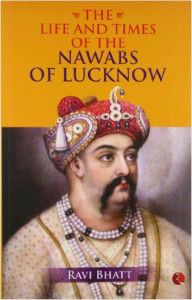
The Life and Times of the Nawabs of Lucknow
Ravi Bhatt
Rupa (paperback), 2006
PRs 600
Lucknow, under the rule of its idiosyncratic nawabs, was a heady mixture of flourishing art, literature, architecture, sport and a famously cultured lifestyle. The Life and Times of the Nawabs of Lucknow depicts the lives, histories and cultures of Lucknow’s infamous nawabs through more than a hundred pithy and colourful anecdotes, all of which are replete with wily prime ministers, powerful begums, eccentric chefs, accompanied by beautiful illustrations. The Life and Times is a tribute to the many nawabs who all played a crucial role in giving the city of Lucknow its distinctive history and culture.
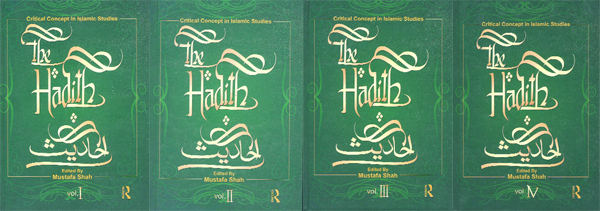
Critical Concepts in Islamic Studies (4-Volume Set)
Edited by Mustafa Shah
Routledge (hardback), 2011
PRs 122290
This major work provides an authoritative collection of the seminal research articles produced by western academic scholarship on the subject of the hadith over the past century, including recent papers on the subject. In bringing together the finest examples of scholarship devoted to the hadith and the classical literature that surrounds it, these volumes provide an indispensable reference resource for academics, research institutions, governmental organisations, and those with a general interest in Arabic and Islamic Studies, Religious Studies, Arabic Cultural Studies, and Middle East History.

